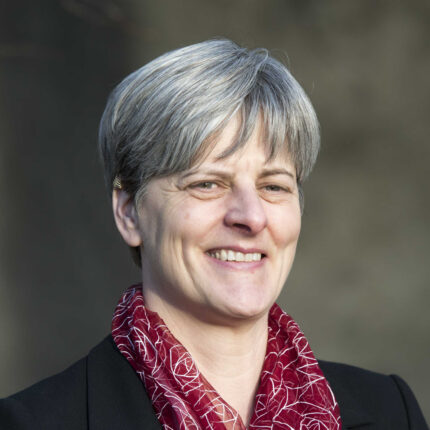The publication of Tackling Racial Harassment: Universities Challenged amplified what had been a much-discussed issue in our sector.
It set out in no uncertain terms that racial harassment was more prevalent than we liked to imagine; that when it was reported processes were generally ineffective; and that in turn this meant that little was being done to tackle campus cultures that were inequitable.
As we are all aware this description could apply to much of our public life. Sadly, there are still clear race inequities in our wider public realm, whether that is our racial pay gaps, the make up of our parliament, or representation in our largest businesses.
It’s important we reflect on the systems universities operate within not to deflect from our own shortcomings, but to emphasise that as places of learning, funded by the public, we have a responsibility to set a wider example to society and the young people we educate.
Turning point
To succeed in that we have much work to do. There is a chronic underrepresentation of BAME staff in senior positions, degree award gaps remain unacceptably high and too few black British students, in particular, progress into research careers.
Over the past year we have reflected at length and listened to many of our BAME students and staff: we heard from students who had experienced racial harassment but never reported it, staff who wanted to see more action to go with our warm words, and a sense that now should be a turning point for us on race equality.
Last week, we took our first step toward making some of that change a reality with the launch of Tackling Racial Harassment: Universities Challenge. A University of Liverpool Response. This puts in place a framework that will move us toward the more equitable institution we want to be. It has involved honest conversations on key issues about why our reporting levels are so low, how we can build a more equitable culture on campus, and what anti-racist leadership in higher education looks like.
Crucially, it establishes clear actions, with accountability, across a broad range of our activities: while we cannot do everything at once, we take the view that tackling race discrimination and developing an anti-racist culture is everyone’s responsibility and a key role for leaders at all levels within the University.
One very important development is the launch of a new Report and Support tool for students who suffer or witness racial harassment which we hope will encourage all members of our community to feel safe to report and confident that appropriate action will follow.
Community collaboration
We know that we do not have all the expertise and cannot lead alone. As well as the support we’ve had from our staff, students, and students’ union, there are experts in our community we are working with.
We also announced a new partnership with the Anthony Walker Foundation, which is expert in supporting those who experience hate crime, and works to build safer, stronger communities in which people and families from all backgrounds can thrive. The Foundation will support us to provide training to those of our staff who regularly receive reports of harassment, provide objective challenge to our work, and help embed the ambitions in this framework.
Some of the challenges we address are long-term and we will no doubt make mistakes along the way. However, we approach the next stage of building a more equitable campus with engagement, enthusiasm, and momentum from our whole university community.
Only two weeks ago 5,000 of our students took part in a module on anti-racism in practice; shortly we will progress our work to clearly define race discrimination and embed it within our student misconduct processes; and as of last month every member of the senior leadership team has agreed a target addressing race equity.
As Report and Support becomes available for the first time, our new partnership with the Anthony Walker Foundation is launched, and our response to the ERHC report is published, we will take the opportunity to reflect on the progress we’ve made and the huge amount of work still to be done.
Looking ahead, a key challenge is getting ready to sign up to Advance HE’s Race Equality Charter, and the development and pursuit of an action plan to prepare us to apply for that award. This will involve far-reaching and sustained self-examination and challenge, and work by colleagues right across the institution to close racial inequalities wherever they exist.












